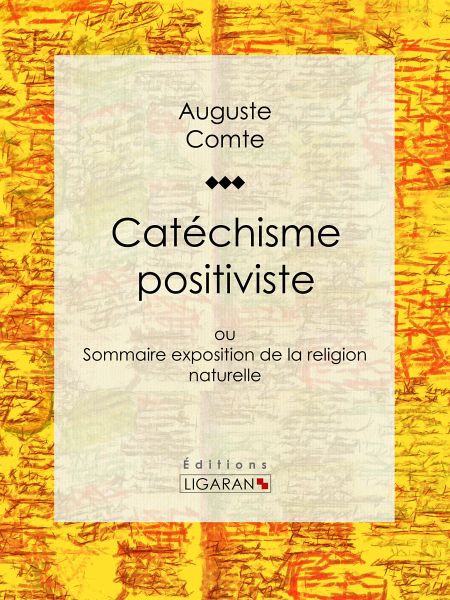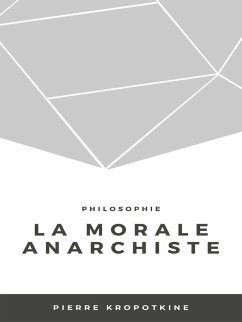
Catéchisme positiviste (eBook, ePUB)
ou Sommaire exposition de la religion naturelle
Versandkostenfrei!
Sofort per Download lieferbar
9,99 €
inkl. MwSt.
Weitere Ausgaben:

PAYBACK Punkte
0 °P sammeln!
Extrait : "Je me suis souvent demandé, mon cher père, pourquoi vous persistez à qualifier de religion votre doctrine universelle, quoiqu'elle rejette toute croyance surnaturelle. Mais, en y réfléchissant, j'ai considéré que ce titre s'applique communément à beaucoup de systèmes différents, et même incompatibles, dont chacun se l'approprie exclusivement, sans qu'aucun d'eux ait jamais cessé de compter, chez l'ensemble de notre espèce, plus d'adversaires que d'adhérents."
Dieser Download kann aus rechtlichen Gründen nur mit Rechnungsadresse in A, B, CY, D, EW, E, FIN, F, GR, IRL, I, L, M, NL, P, SLO, SK ausgeliefert werden.













